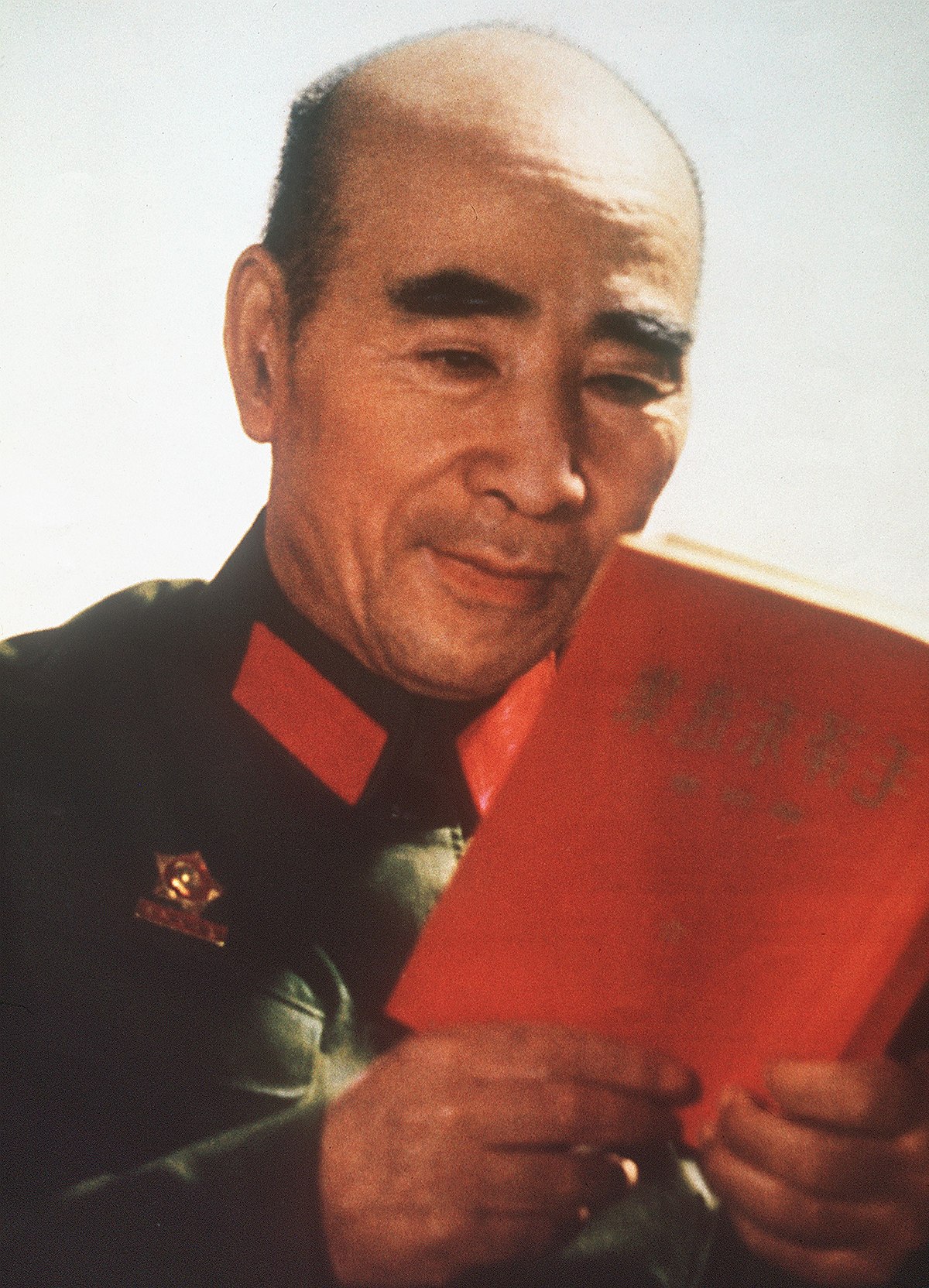
Lin Biao Incident
MongoliaIn April 1969, Lin became China's second-in-charge following the 1st Plenary Session of the 9th Central Committee of the Chinese Communist Party. He was the commander-in-chief of the People's Liberation Army and Mao's designated successor. He was expected to assume leadership of the Communist Party and the People's Republic of China after Mao's death. His faction was dominant in the Politburo and his power was second only to Mao's. However, at the Second Plenary Session of the 9th Central Committee held in Lushan in 1970, Mao became uncomfortable with Lin's growing power. Mao supported Zhou Enlai and Jiang Qing's efforts to limit Lin's power by rehabilitating civilian officials who had been purged during the Cultural Revolution and improving China's relationship with the United States. In July 1971, Mao decided to remove Lin and his supporters and Zhou Enlai attempted to moderate Mao's resolution but failed.
In September 1971, Lin Biao's plane crashed in Mongolia under mysterious circumstances. It was later revealed that Lin had attempted to flee to the Soviet Union after Mao had accused him of plotting a coup d'état against the Chinese Communist Party.
Lin's death was a shock to the Chinese people, and the Party's official explanation of the incident was that Lin had died in a plane crash while trying to flee the country. Though this explanation has been largely accepted, there has been some speculation that he was assassinated by the Chinese government in order to prevent him from overthrowing Mao. The Lin Biao Incident has left a mark on Chinese history, and it continues to be a source of speculation and debate. It is seen as an important example of the power struggles that occurred within the Chinese Communist Party during the final years of Mao's rule.
